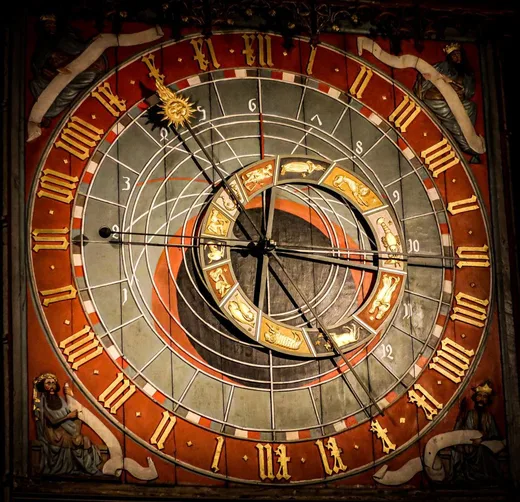Introduction to the Cross of Denial
The Juxtaposition Cross of Denial in human design consists of the energies of Gates 40 (Aloneness), 37 (Friendship), 35 (Change), and 5 (Fixed Rhythms). This cross has a strong theme of creating boundaries and maintaining rhythm, while fostering friendships and embracing change. Those with this cross are often found denying themselves certain pleasures or experiences in pursuit of higher goals and stability.
Detailing the Gates
Gate 40, found in the Will Center, is known as the Gate of Aloneness. It deals with the energy of denial or withdrawal for the sake of self-preservation and resource management.
Gate 37, also located in the Will Center, is called the Gate of Friendship. It embodies the energy for creating harmonious relationships and encourages mutual cooperation and understanding.
Gate 35, in the Throat Center, is titled the Gate of Change. This gate is connected with the exploration of life and the anticipation of new experiences, embracing change and variety.
Gate 5, located in the Sacral Center, is the Gate of Fixed Rhythms. It carries the energy for regularity, rhythm, and routine in life. This gate seeks order and predictability, and it’s often associated with a need for stability and routine.
Personal Journey with the Cross of Denial
Individuals carrying the Juxtaposition Cross of Denial are often tasked with balancing their need for solitude and withdrawal with their capacity to foster friendships and manage relationships. They are skilled in setting boundaries and may deny themselves certain pleasures or experiences for the sake of maintaining stability and order in their lives.
They often have an inherent understanding of the need for change and exploration, yet they also value the safety and predictability that comes with maintaining a stable routine. This creates a unique dynamic where they are often navigating the tension between stability and change.
Societal Influence of the Cross of Denial
In society, individuals with the Cross of Denial can play important roles in demonstrating the importance of setting boundaries and maintaining routines, while still being open to change and fostering harmonious relationships. They have a unique ability to balance these opposing forces and can offer valuable lessons in resource management and adaptability.
To conclude, the Juxtaposition Cross of Denial speaks to the challenge of juggling aloneness and friendship, change and fixed rhythms. It is a cross of self-denial for the sake of higher goals, and of understanding the beauty of balance and routine in life. This unique energy makes these individuals adept at managing resources, understanding relationships, and adapting to change, all while appreciating the importance of stability and routine.


